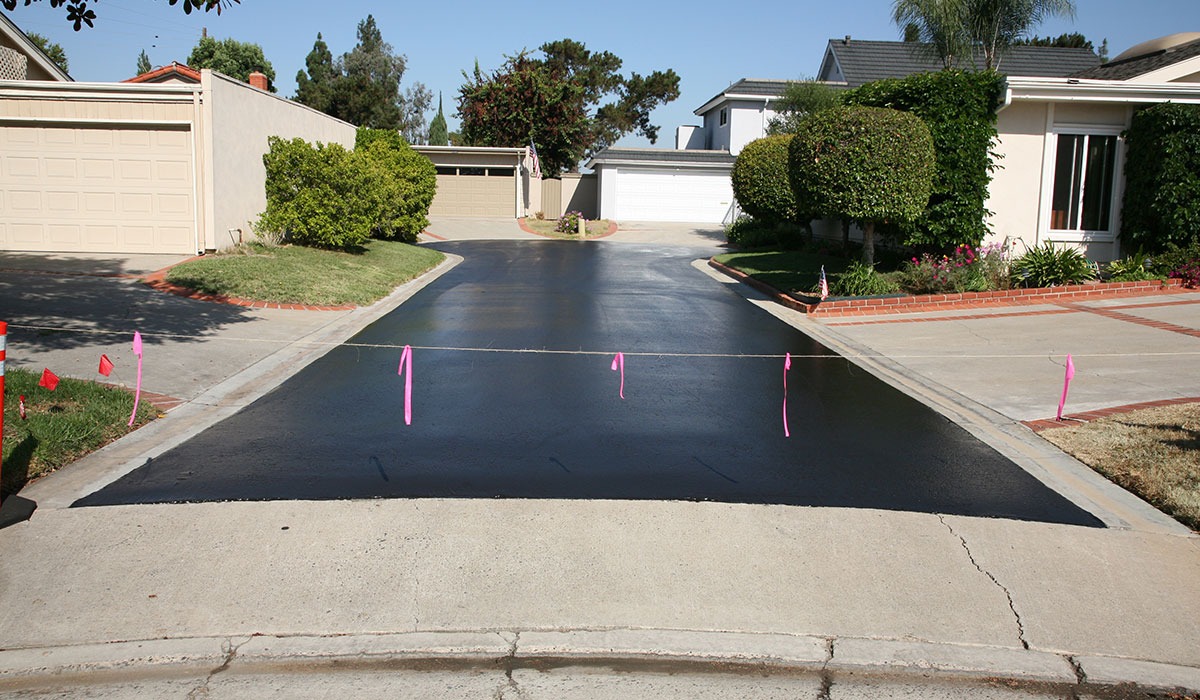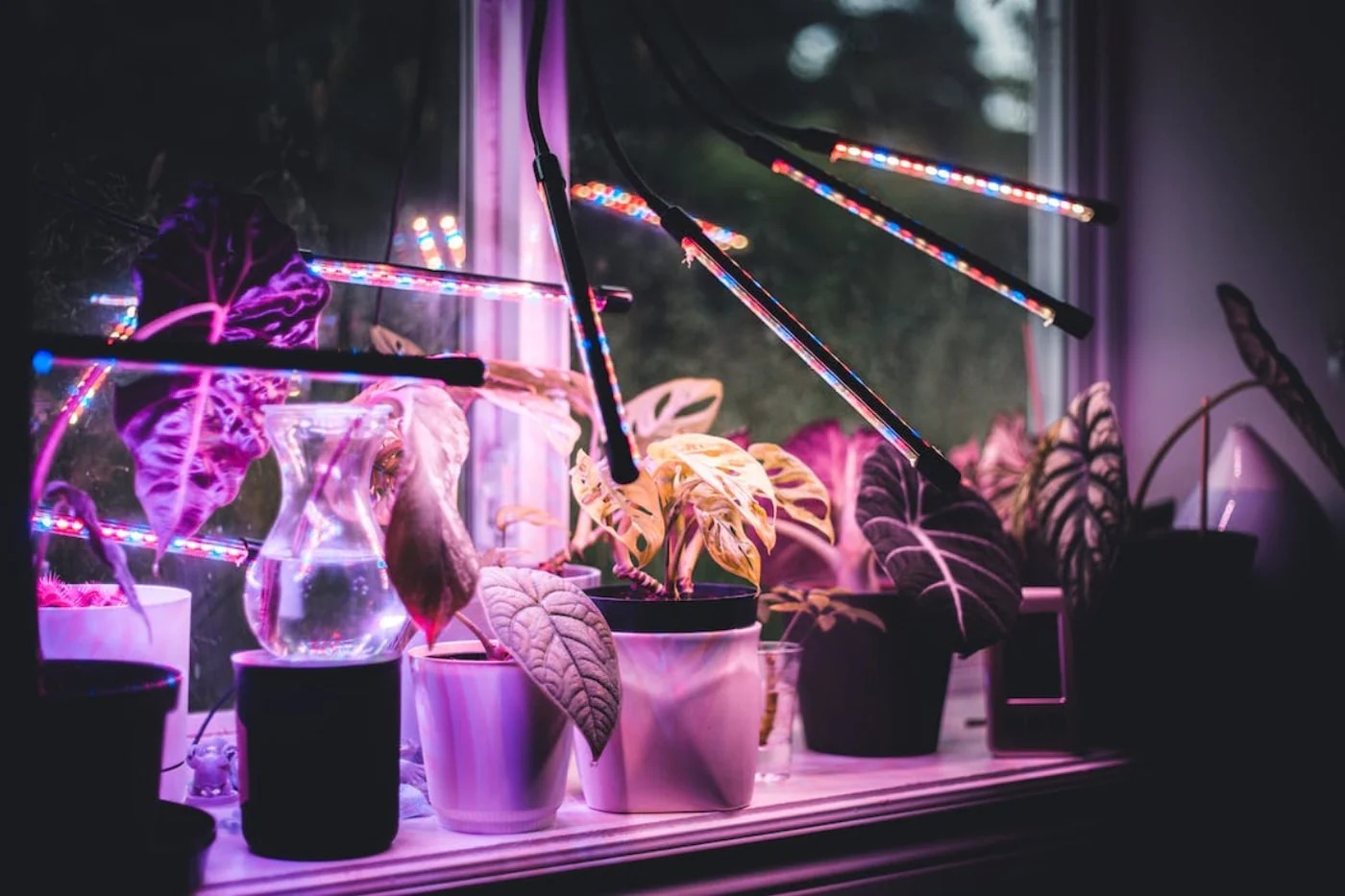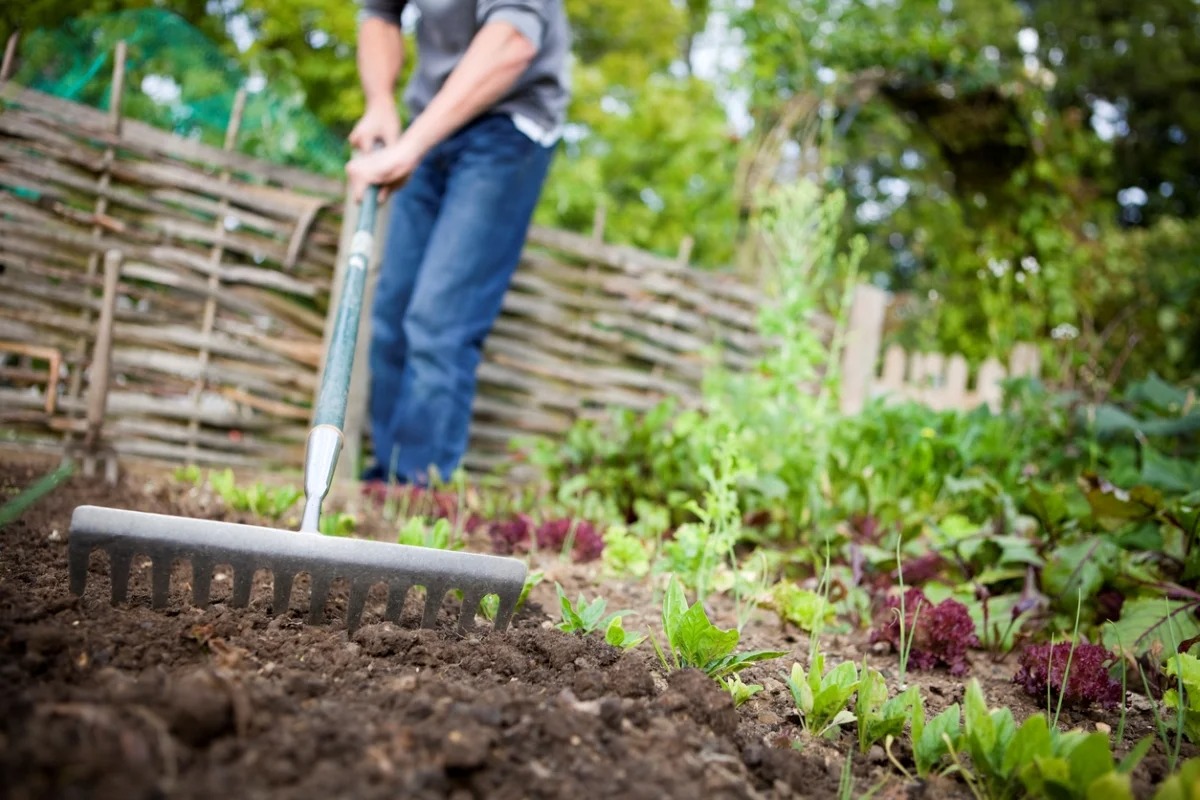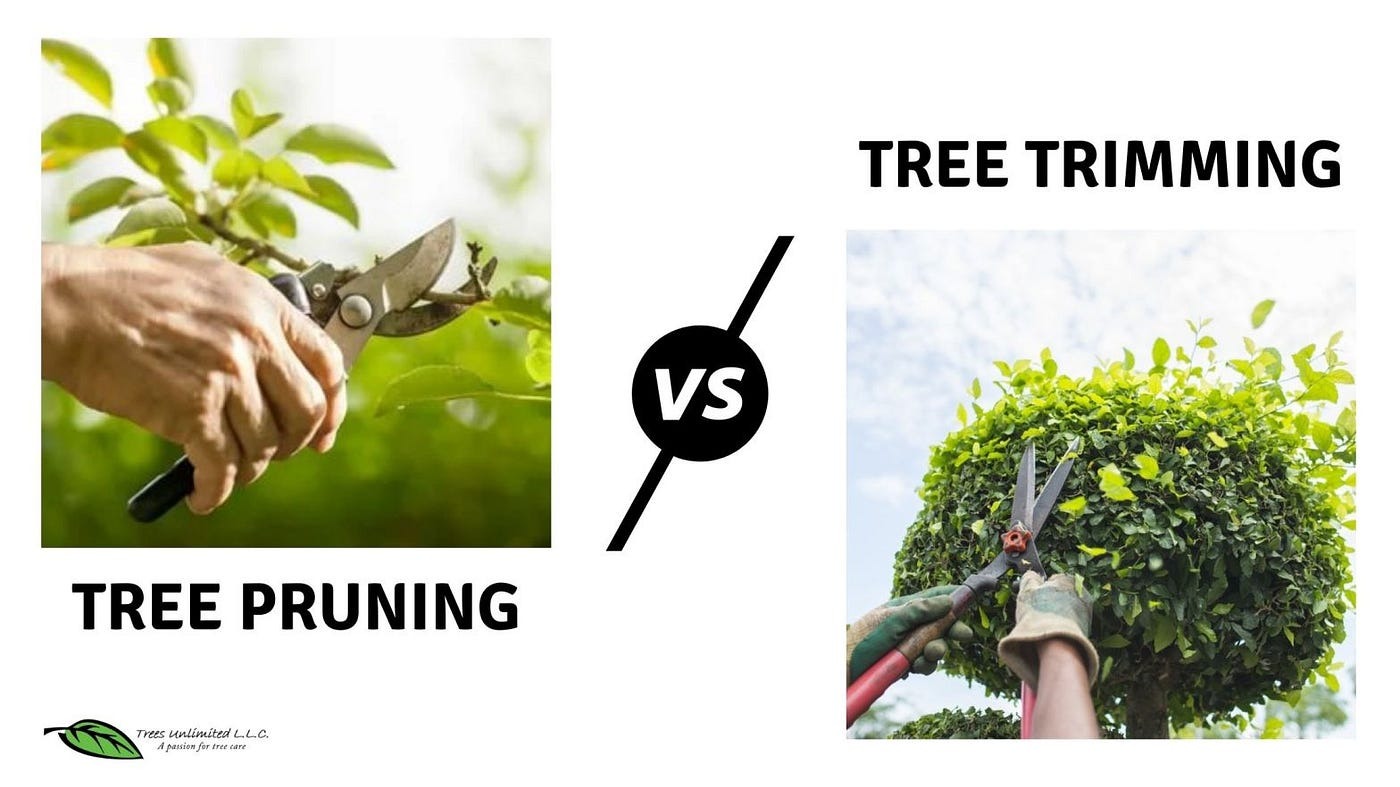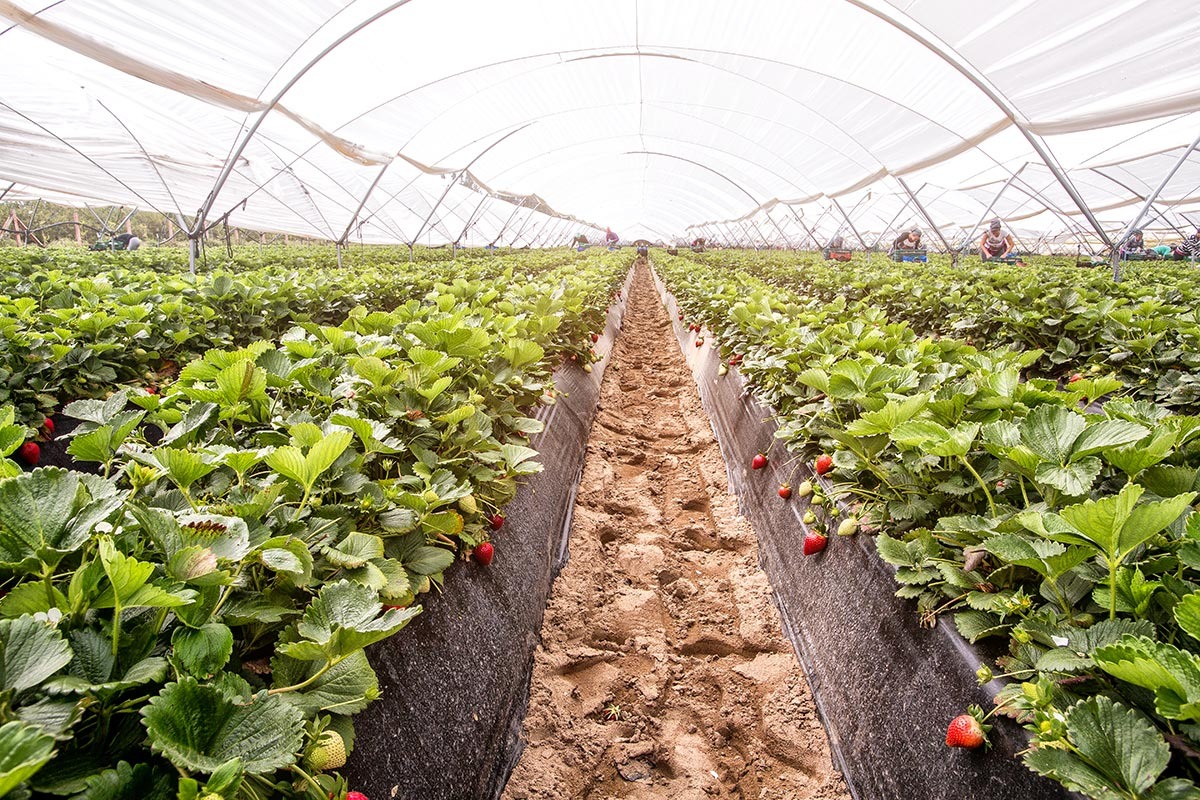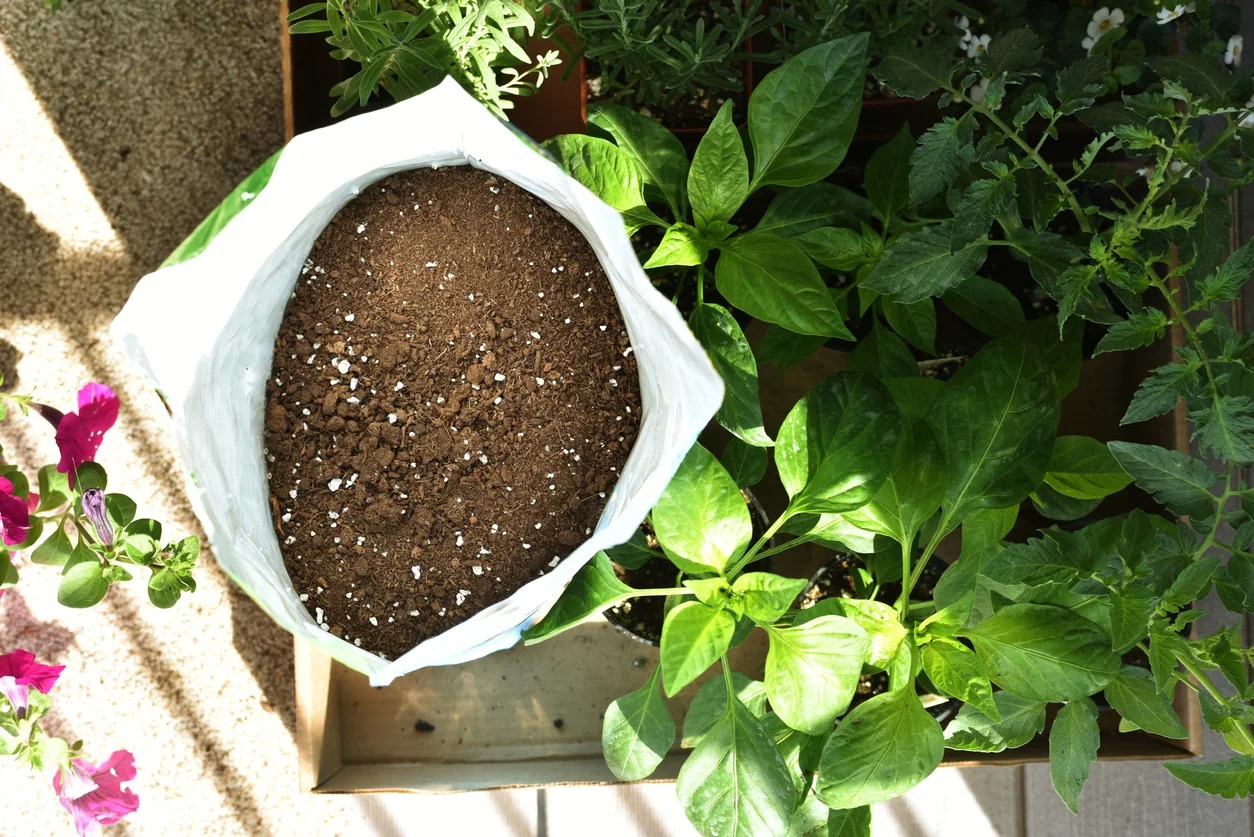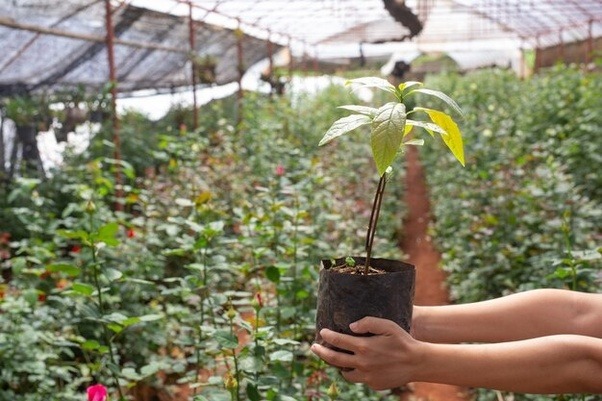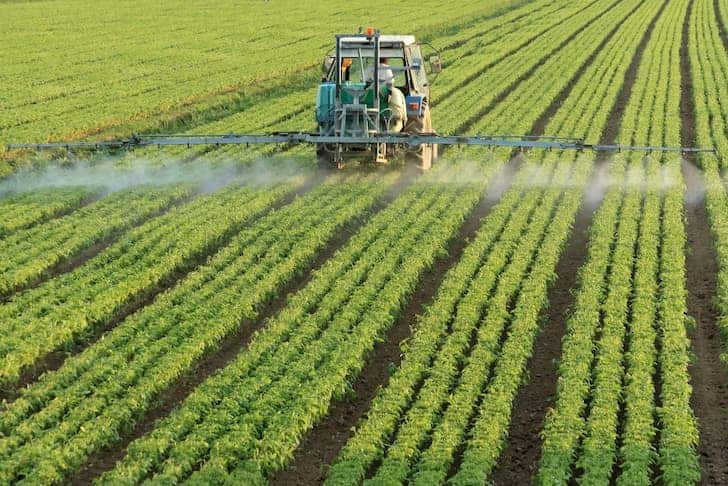
Agriculture sustains us, yet certain practices can inadvertently endanger our water sources. Here are six concerning methods that can pollute and contaminate local water bodies, imperiling our ecosystems and communities:
1. Overuse of Chemical Fertilizers
Excessive application of chemical fertilizers introduces high levels of nitrogen and phosphorus into the soil. During rainfall, these excess nutrients runoff into nearby water bodies, causing algal blooms. Resultant oxygen depletion harms aquatic life and disrupts the ecosystem.
2. Improper Pesticide Application
Mismanagement of pesticides leads to their runoff into streams and rivers. These toxic substances affect water quality, harming aquatic species and potentially entering the food chain, posing health risks to both wildlife and humans.
3. Uncontrolled Soil Erosion
Failure to implement proper soil conservation methods results in erosion. Sediment-laden runoff reaches water bodies, causing turbidity and clogging fish gills. It also carries pollutants such as pesticides and heavy metals, impacting water quality.
4. Inefficient Irrigation Systems
Outdated or poorly maintained irrigation systems waste water and increase runoff. This runoff can carry contaminants like fertilizers and pesticides, affecting water bodies' ecological balance and human health.
5. Livestock Grazing Near Water Sources
Allowing livestock unrestricted access to streams and rivers contributes to bacterial contamination through fecal matter. This contaminates water sources, posing health risks to both animals and humans.
6. Deforestation and Wetland Destruction
Clearing forests and draining wetlands disrupts natural water filtration systems. It accelerates runoff and diminishes the capacity of ecosystems to purify water, leading to increased pollution in nearby water bodies.
Mitigating Agricultural Water Pollution
Addressing these practices demands a concerted effort from agricultural stakeholders, policymakers, and the community. Implementing sustainable agricultural practices, adopting precision farming techniques, promoting responsible pesticide use, and investing in improved irrigation systems can significantly reduce water contamination.
Through education, regulation, and innovation, we can safeguard our water resources, ensuring a healthier environment for current and future generations.








